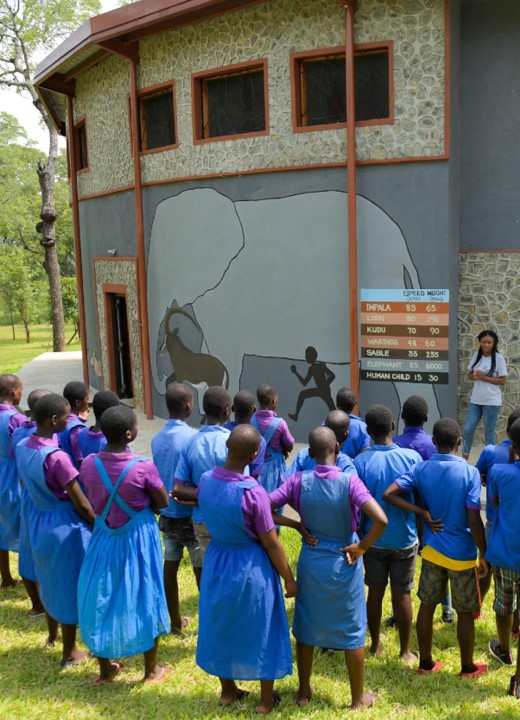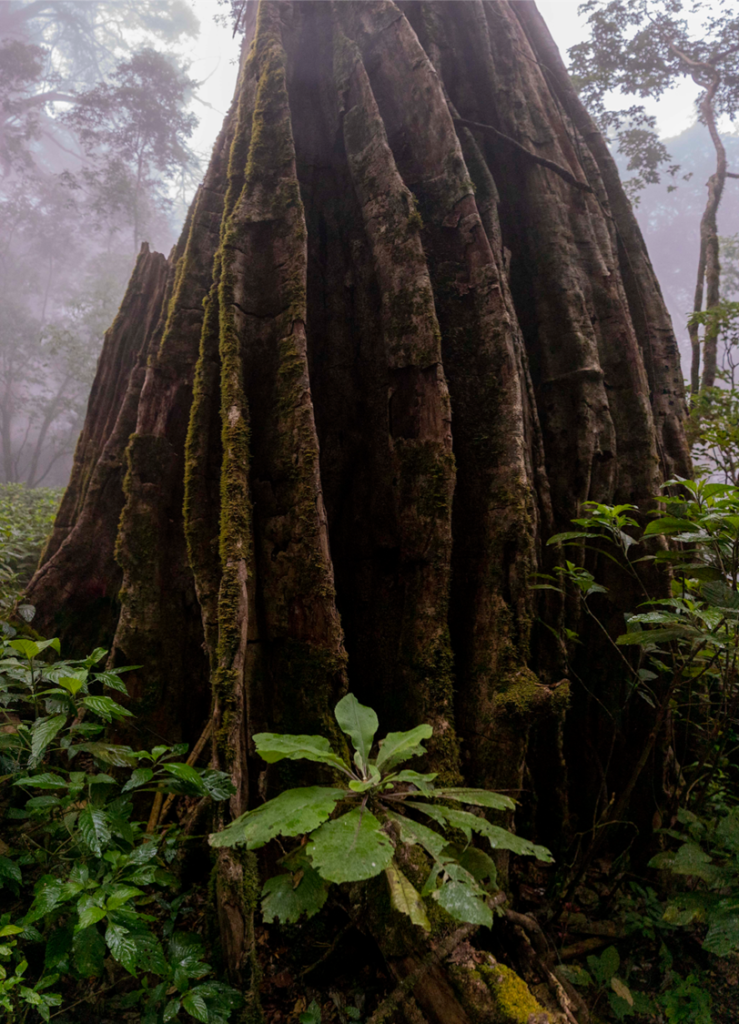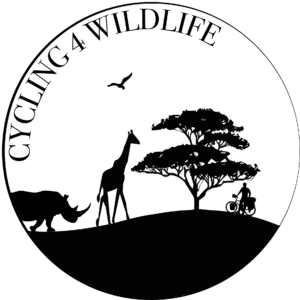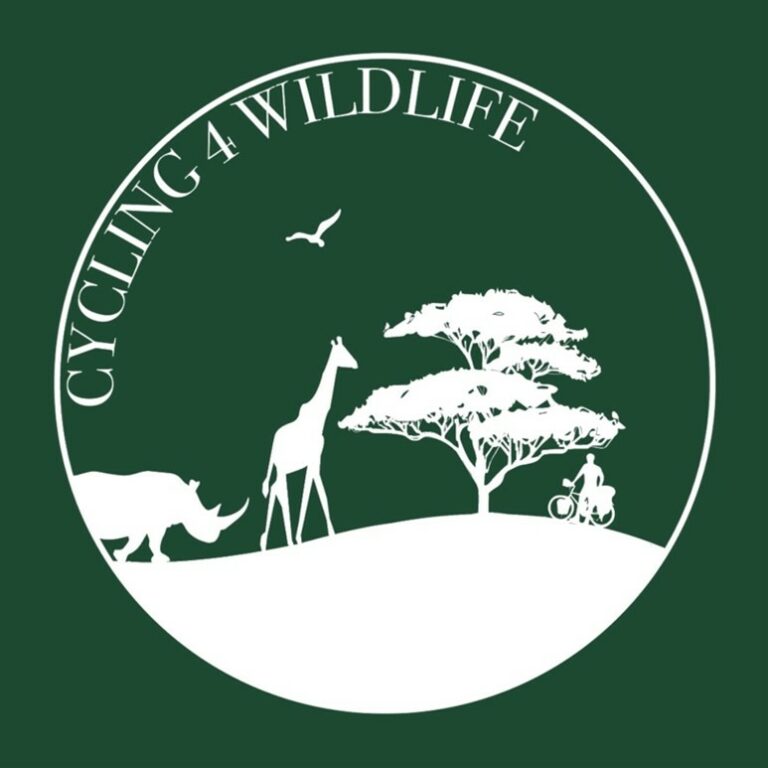What is Environmental Education?
Environmental education aims to instill a sense of emotional ownership with the local population and the park and garner support for its conservation. This is achieved by giving local people (both schoolchildren and adults) the opportunity to visit and experience the park firsthand. Environmental education is also an important tool to educate communities on alternatives to unsustainable, illegal resource use such as poaching, logging, illegal fishing, and conflict with wildlife. Where communities strongly support the park, they directly contribute to its integrity in the long term. The topics of environmental education range from human-wildlife conflict, improving agricultural productivity and local livelihood opportunities, and to give community members a platform to voice their opinions, needs and concerns.
African Parks implements Environmental Education as a means of promoting conservation efforts. Environmental Education falls under the community development pillar in African Parks 5 pillar model LINK.


About African Parks
African Parks is a non-profit conservation organization that takes on the complete responsibility for the rehabilitation and long-term management of national parks in partnership with governments and local communities. They currently manage 22 national parks and protected areas in 12 countries covering over 20 million hectares.
Example of a project within the African Parks Environmental Education program:
An example of one of their projects under the community education pillar is the Environmental Education Center, run by African Parks Liwonde. This center serves as a teaching facility for students from nearby and distant communities, where they can engage in various educational activities related to the environment. This helps to increase their knowledge and understanding of conservation and encourages them to take individual or collective action to protect the environment. The center currently serves over 4,000 students from 94 primary schools and 500 adults from the surrounding communities each year.

















